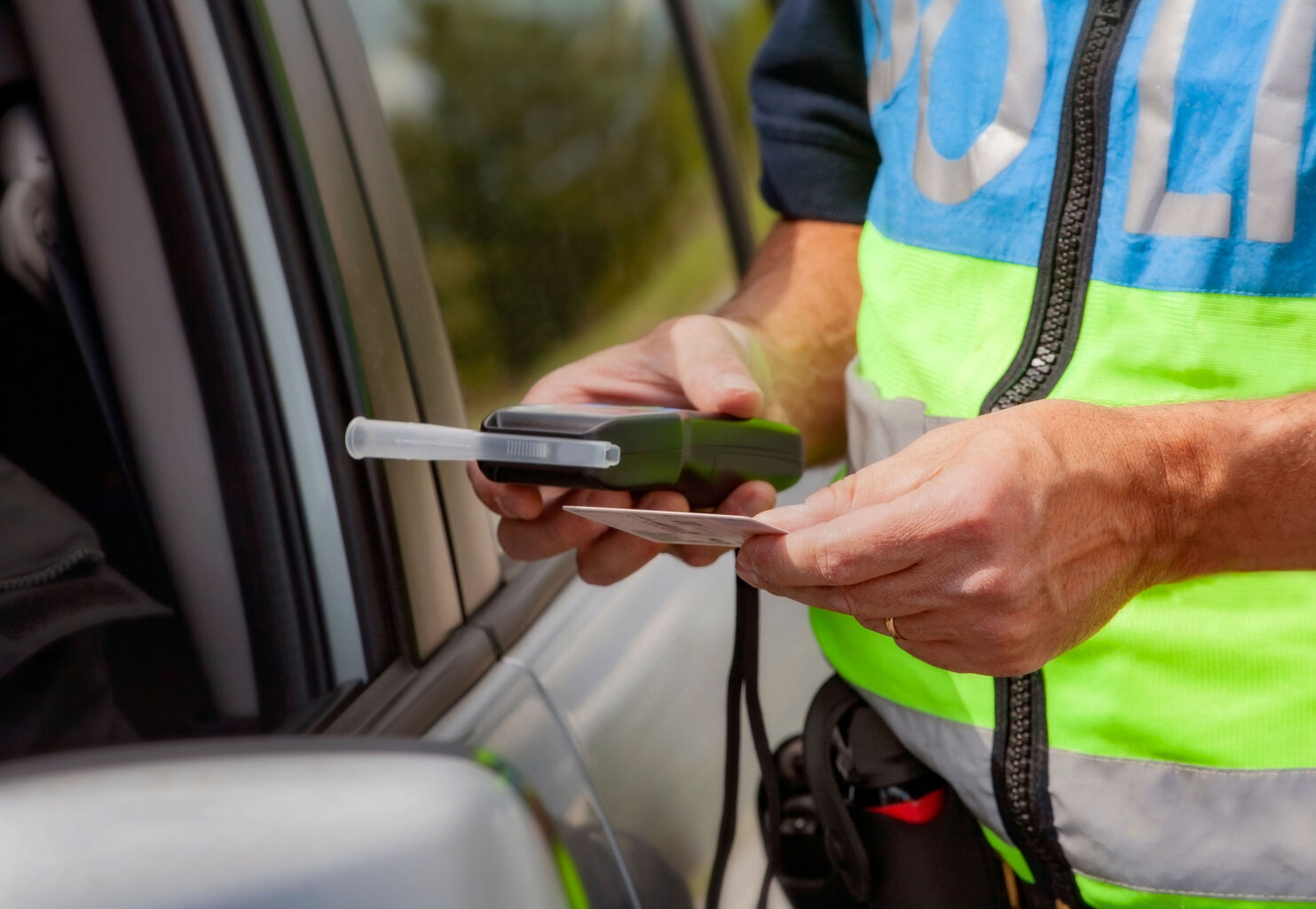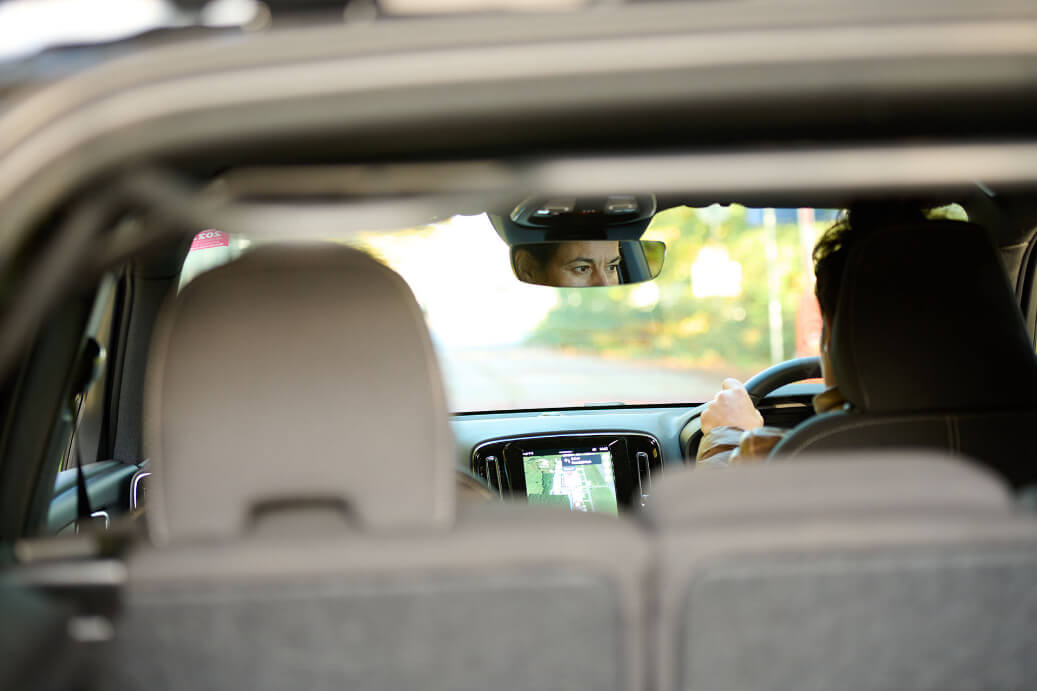About the module
This module reminds professional drivers of the serious effects and consequences of driving whilst impaired, and offers guidance to reduce potential risk-taking behaviour.
Topics include:
- Alcohol units, consumption, absorption and elimination
- Effect of different drugs and medication on the body
- The impact of mixing alcohol and drugs
- Legal limits, enforcement and penalties
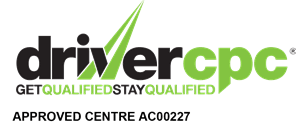
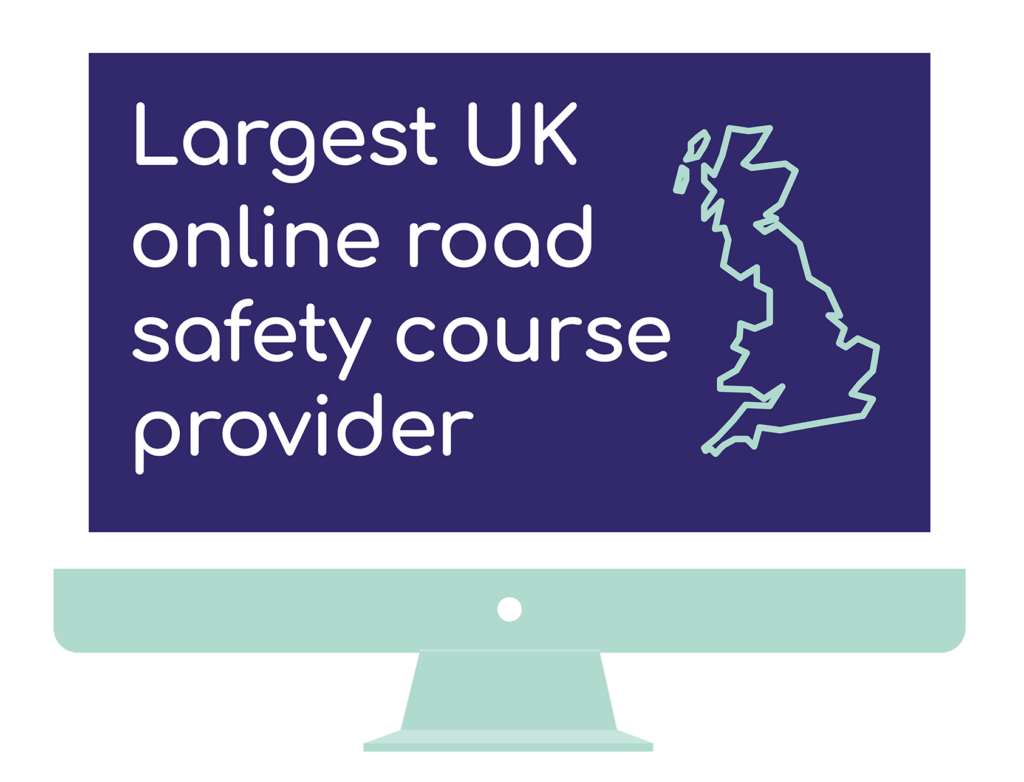
At a glance:
Duration: 3.5 hours
Format: Classroom or online
Suitable for: All professional licences (C1, D1 C1E, D1E C, D CE & DE)
DVSA CPC syllabus areas:
3.4 Awareness of the importance of physical and mental ability


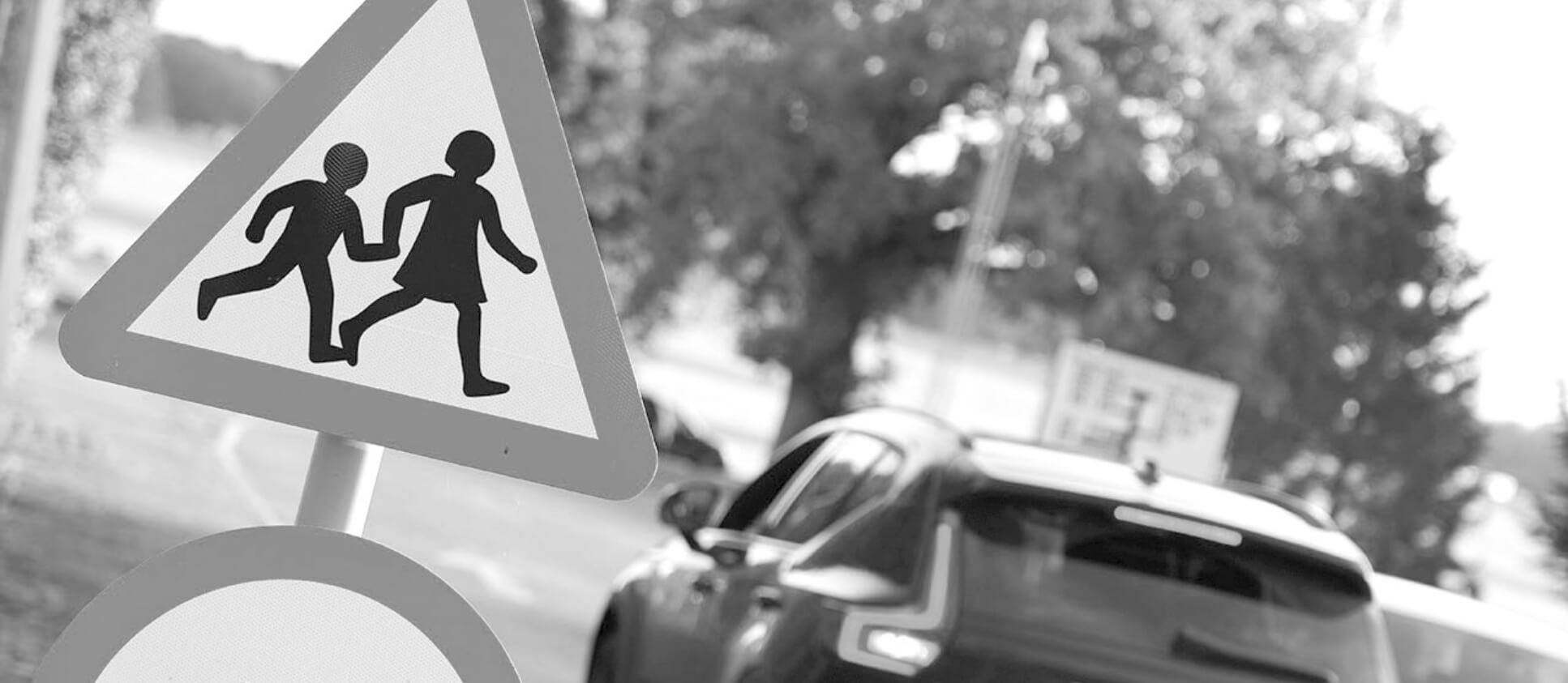
Learning outcomes

Alcohol units & their effect on police readings

Learn how alcohol, drugs & medication react
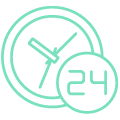
Discover how fast the body eliminates alcohol

Explore the myths vs reality of impaired driving
Why attend Drink, Drugs and Driving
Reminding drivers of the realities of driving under the influence is a cost-effective way to reduce incidents, collisions, conviction rates, protect business reputation and avoid unnecessary penalties and costs.
Drink, Drugs and Driving is a thought-provoking session on the effects and consequences of drink and drug driving which encourages drivers to develop a personal strategy to reduce future risk taking behaviour. Our experienced driver trainers fully engage with participants to maximise the learning experience and draw out their views and opinions.
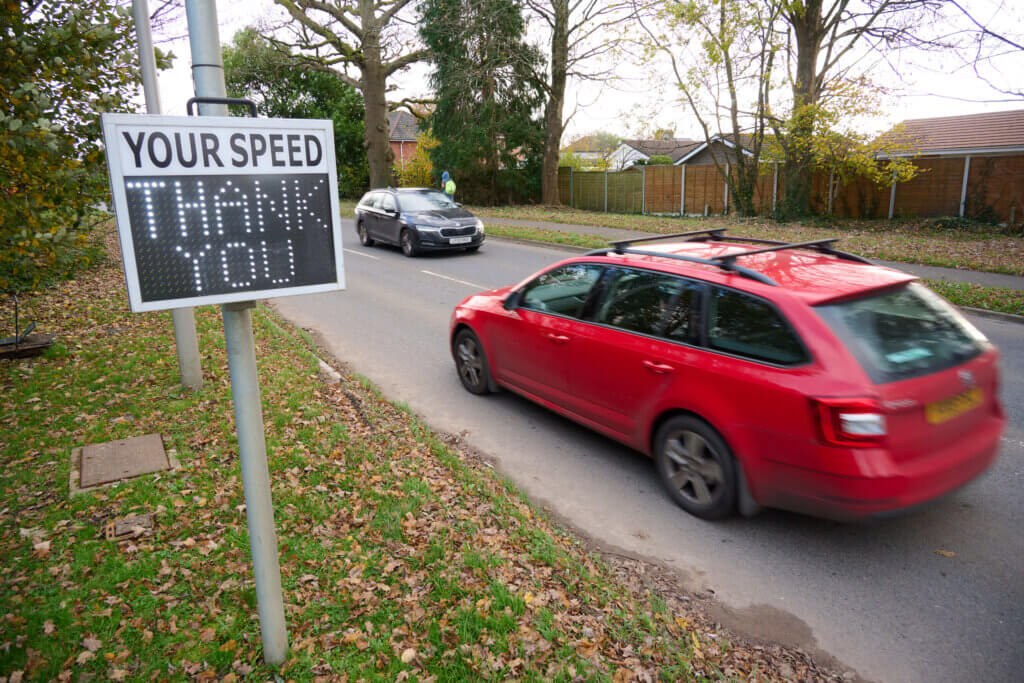
Your questions answered
Who should attend?
Any professional driver who needs to complete 35 hours of periodic training every 5 years in order to maintain their Driver Certificate of Professional Competence (CPC).
Delivery method
This module can be delivered online or in-person and facilitated by an experienced Driver CPC trainer.
For pay-per-place courses, Drink, Drugs and Driving is delivered with the Physical Risk Awareness module as a 7-hour online course.
For private courses, this module can be delivered online or in-person alongside any other TTC Driver CPC module.
Learning outcomes
Following this module drivers will understand:
- What constitutes a unit of alcohol and how this relates to roadside / police station readings
- How to convert the unit reading to micrograms of alcohol (breath, blood or urine)
- How drugs and medication interact with alcohol
- How the absorption and elimination process can affect readings
- Distinguish between the myths and reality of driving under the influence of alcohol and/or drugs
Identification requirements
A photocard driving licence and Driver Qualification Card must be presented when attending the course.
